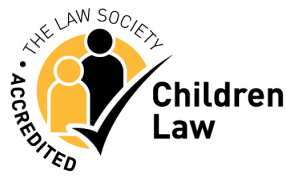A Will is an important document which ensures your wishes are carried out once you are no longer here.
If you die without a Will the rules of intestacy will determine what will happen to your estate. The rules of intestacy currently make provision for spouses and direct descendants (for example, children or great-grandchildren). If there are no surviving spouse or direct descendants then your estate will pass to your wider family, for example, parents or siblings.
Cohabiting partners or stepchildren are not provided for under the intestacy rules. There is also a common misconception that common-law marriage exists but it does not.
If you are not married and have a long-term partner or are cohabiting it is important to have a properly drafted Will in place to ensure they are provided for when you are no longer here.
The following case studies briefly outline what could happen if you do not have a Will in place.
Case Study 1
Bill has been in a relationship and cohabiting with Susan for 15 years, they are not married. They have children together.
What happens if Bill dies and does not have a Will in place?
Bill’s children would inherit his estate. Susan would not receive anything.
Case Study 2
James has been in a relationship and cohabiting with Jane for 32 years, they are not married. James has children from a previous relationship. He hasn’t spoken to his children in 40 years. He and Jane do not have any children together.
What happens if James dies and does not have a Will in place?
James’ children would inherit his estate. Jane would not receive anything.
Case Study 3
Gill has been in a relationship and cohabiting with Derek for 40 years, they are not married. Neither Gill or Derek have any children and they are not close to their surviving siblings (who are their closest living relatives).
What would happen if Gill dies and does not have a Will in place?
Gill’s siblings would inherit her estate. Derek would not receive anything.
Please note the above case studies are generic examples and will vary depending on the specific circumstances of the individual. For example, it does not take into account that any assets owned jointly by the deceased and another person will automatically pass to the survivor.
If you are worried about the above please contact us and we will be happy to help.













